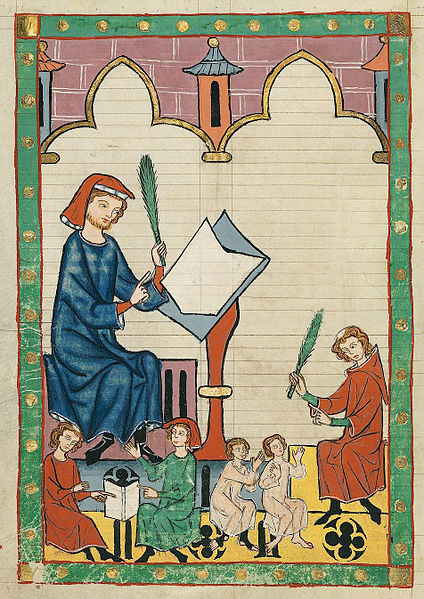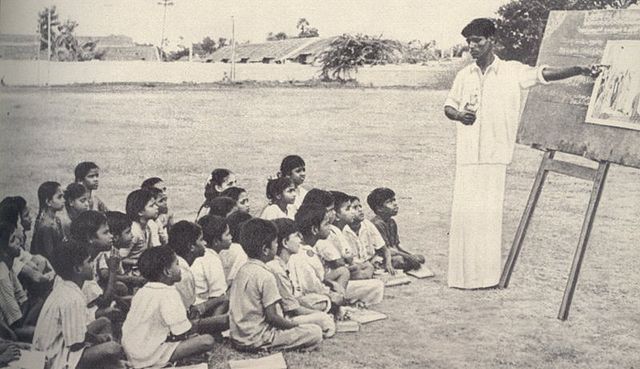Westminster Shorter Catechism
The Westminster Shorter Catechism is a catechism written in 1646 and 1647 by the Westminster Assembly, a synod of English and Scottish theologians and laymen intended to bring the Church of England into greater conformity with the Church of Scotland. The assembly also produced the Westminster Confession of Faith and the Westminster Larger Catechism. A version without Scripture citations was completed on 25 November 1647 and presented to the Long Parliament, and Scripture citations were added on 14 April 1649.
Facsimile of the title page of the first printing of the Shorter Catechism on 25 November 1647 without Scripture citations printed for distribution in Parliament
Anthony Tuckney
A catechism is a summary or exposition of doctrine and serves as a learning introduction to the Sacraments traditionally used in catechesis, or Christian religious teaching of children and adult converts. Catechisms are doctrinal manuals – often in the form of questions followed by answers to be memorised – a format that has been used in non-religious or secular contexts as well. According to Norman DeWitt, the early Christians appropriated this practice from the Epicureans, a school whose founder Epicurus had instructed to keep summaries of the teachings for easy learning. The term catechumen refers to the designated recipient of the catechetical work or instruction. In the Catholic Church, catechumens are those who are preparing to receive the Sacrament of Baptism. Traditionally, they would be placed separately during Holy Mass from those who had been baptized, and would be dismissed from the liturgical assembly before the Profession of Faith and General Intercessions.

Codex Manesse, fol. 292v, "The Schoolmaster of Esslingen" (Der Schulmeister von Eßlingen)
A catechism lesson in a Madras Presidency village (India), 1939
The Catechism Lesson by Jules-Alexis Meunier
The Catechism, painting by Edith Hartry






